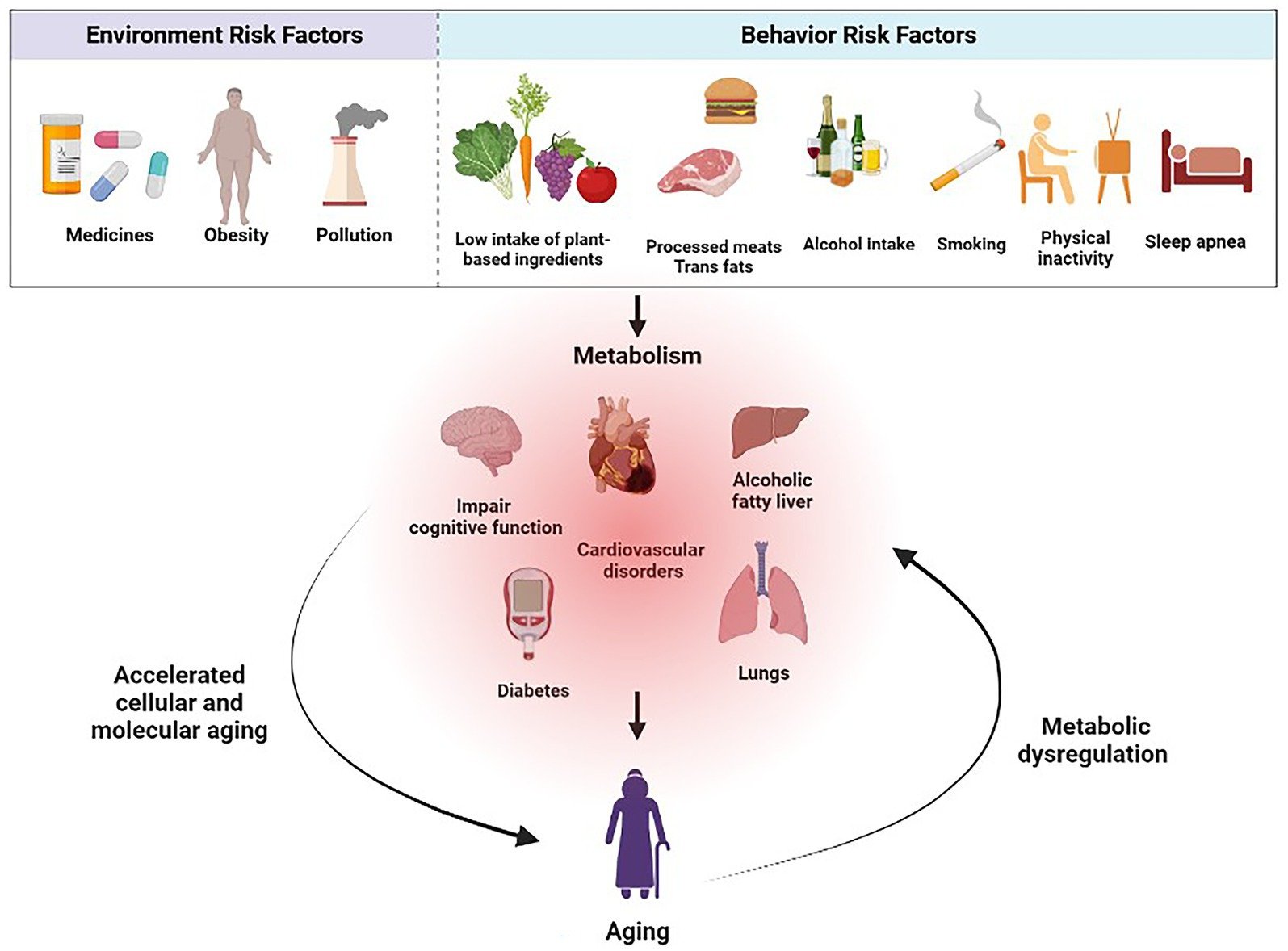A groundbreaking study from the University of Missouri has revealed that regular physical activity may significantly enhance brain function, even when the brain is deprived of ketones—an essential energy source produced by the liver when glucose is low.
Led by researchers Taylor Kelty and R. Scott Rector, the study investigated how limited ketone production impacts cognitive performance. As expected, restricting ketones led to a decline in memory and brain function. However, the researchers found that exercise still helped reverse some of this cognitive decline, suggesting that physical activity taps into alternative mechanisms to support mental sharpness.
This finding is particularly relevant as Alzheimer’s disease diagnoses in the U.S. are expected to more than double by 2060. The study reinforces the idea that exercise may be one of the most effective tools available to protect memory and brain health with age.
“We thought exercise might not work without ketones, but it turns out it’s so powerful that the brain still benefits,” Kelty noted.



